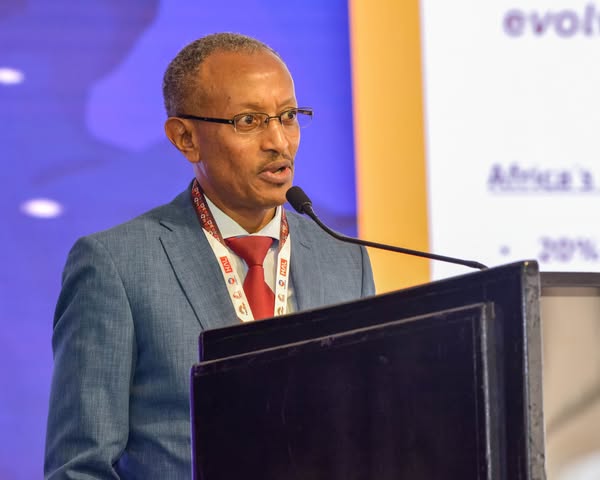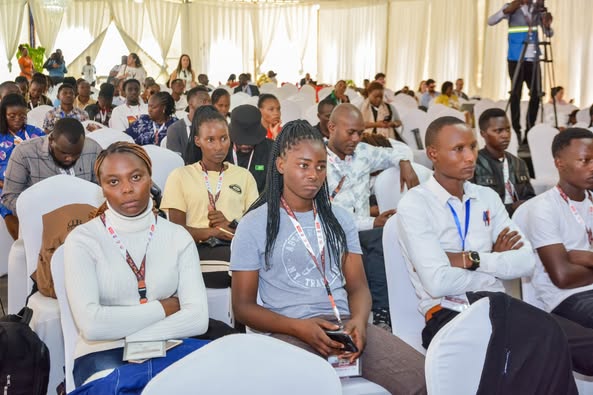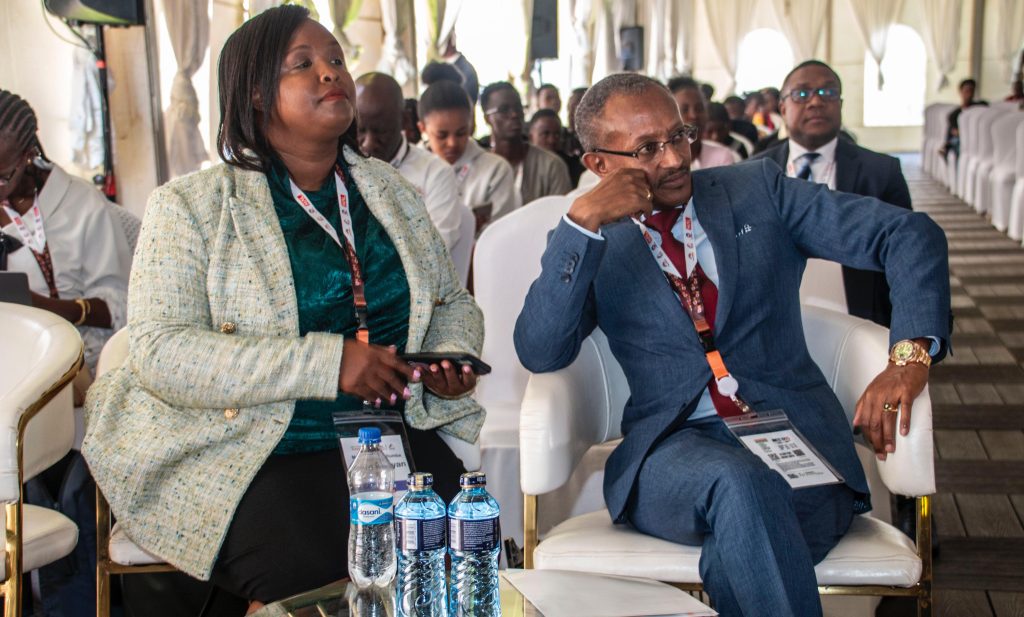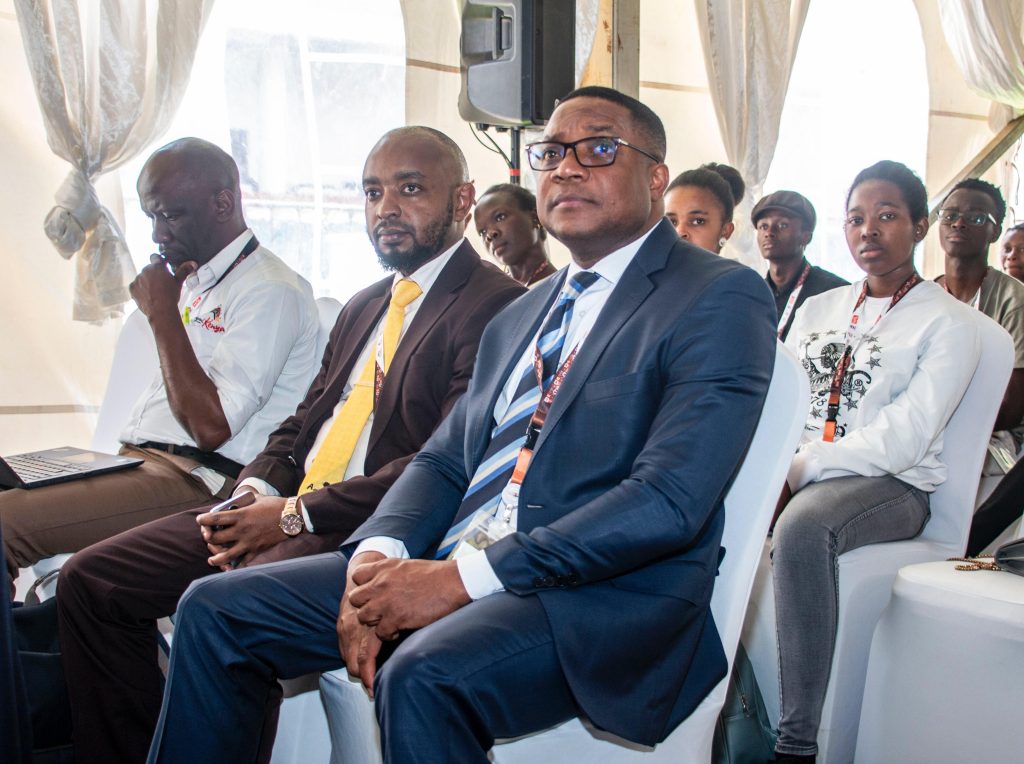Earlier this week at Magical Kenya Travel Expo 2025, Esayas Woldemariam Hailu, Chief Executive Officer of ASKY, used his keynote to put youth skills and the future of work at the center of Africa’s tourism agenda. He underscored that the continent’s nature, culture, and wildlife give tourism a bright runway for growth, and that the sector can translate this potential into jobs and enterprise if it invests in people and modernizes how companies work. The seminar’s focus matched that message, examining how African travel and hospitality can build a future-ready workforce and adopt corporate cultures that attract and retain Gen Z talent.

ASKY positioned its own actions as part of the solution. The airline already runs pathways for students and recent graduates to gain experience across operational and service functions, giving young people a first step into aviation and travel careers. By opening structured entry points and on-the-job learning, ASKY aims to shorten the distance between school and salaried work for West and Central African youth.
The carrier has also begun building partnerships that widen access for underrepresented groups. In June, ASKY’s Kenya office announced a collaboration with the Forum for African Women Educationalists to encourage women to pursue technical and leadership careers in aviation. The initiative is framed as a long-term pipeline effort, from awareness and mentorship to scholarships and internships, and it reflects a broader push for inclusive corporate cultures that value diversity, wellness, and flexibility.
Capacity building will require more training seats and regional infrastructure. ASKY has previously explored a joint aviation academy model with Ethiopian Airlines that would prepare pilots, maintenance technicians, cabin crew, and ground staff for a fast-growing market. That concept, inspired by Ethiopian’s established training campus, would add badly needed instruction capacity in West Africa and could become a hub for standardized skills development.



The timing is urgent. Global forecasts show travel and tourism creating millions of jobs over the next decade, and Africa’s growth potential is especially strong. WTTC analysis projects sustained expansion in the sector and signals a looming talent shortfall if training does not keep pace with demand. That is why the seminar’s themes went beyond classroom skills to include clear career pathways, leadership development, and better working conditions that help young professionals stay and grow.
Speakers and participants converged on several priorities. First, equip youth with the full toolkit: digital know-how, languages, customer care, and the soft skills that define service excellence. Second, scale innovative training through public private partnerships, vocational colleges, and entrepreneurship programs that turn ideas into bankable micro and small enterprises. Third, adopt people practices that Gen Z expects, from fair scheduling and wellness support to meaningful feedback and skills recognition that travels across borders. Fourth, keep the post-pandemic realities in view, including hybrid work where roles allow and digital collaboration that connects teams across countries. These are not abstract ideals. They are the day-to-day conditions that determine whether a young hire becomes a long-term leader.
For ASKY, the path forward is practical. Continue opening doors for students and graduates through internships and rotational placements. Expand partnerships that bring more women into technical and commercial tracks. Advocate for regional frameworks that harmonize certifications so talent can move more easily across markets. Pair skills with opportunity by linking training cohorts to real vacancies and by supporting youth-led startups in the travel value chain, from digital platforms to creative economy services that enrich the visitor experience.
The airline’s message at MKTE 2025 was simple and credible. Africa’s tourism can grow faster and employ more people if the ecosystem invests in young talent and if companies evolve toward inclusive, learning-focused cultures. ASKY intends to keep doing both, while working with governments, educators, and industry bodies to make sure the continent has the trained people it needs to welcome the next generation of travelers.
